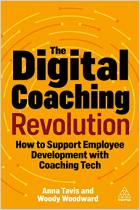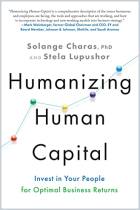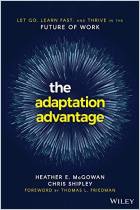Rejoignez getAbstract pour lire le résumé !

Rejoignez getAbstract pour lire le résumé !
Anna Tavis and Stela Lupushor
Humans at Work
The Art and Practice of Creating the Hybrid Workplace
Kogan Page, 2022
Aperçu
Work, workers and workplaces are all changing in new ways, so companies must change, too.
Recommendation
A technological revolution precipitated radical change in how people work, and the COVID-19 pandemic accelerated it. The very concept of work has changed significantly, and companies must adapt if they hope to compete and succeed. Assumptions about and approaches to work that began in the 19th century and carried through the 20th are no longer tenable. Professor Anna Tavis and business founder Stela Lupushor explain how to redesign work and the workplace to meet contemporary demands. Everyone in the workplace, especially corporate leaders and human resource officials, will find their research, insights and proposals illuminating.
Summary
About the Authors
Anna Tavis is a clinical professor and academic director of the Human Capital Management department at the NYU School of Professional Studies. Stela Lupushor founded Reframe.Work Inc. She and Solange Charas cowrote Humanizing Human Capital: Invest in Your People for Optimal Business Returns.



















Comment on this summary